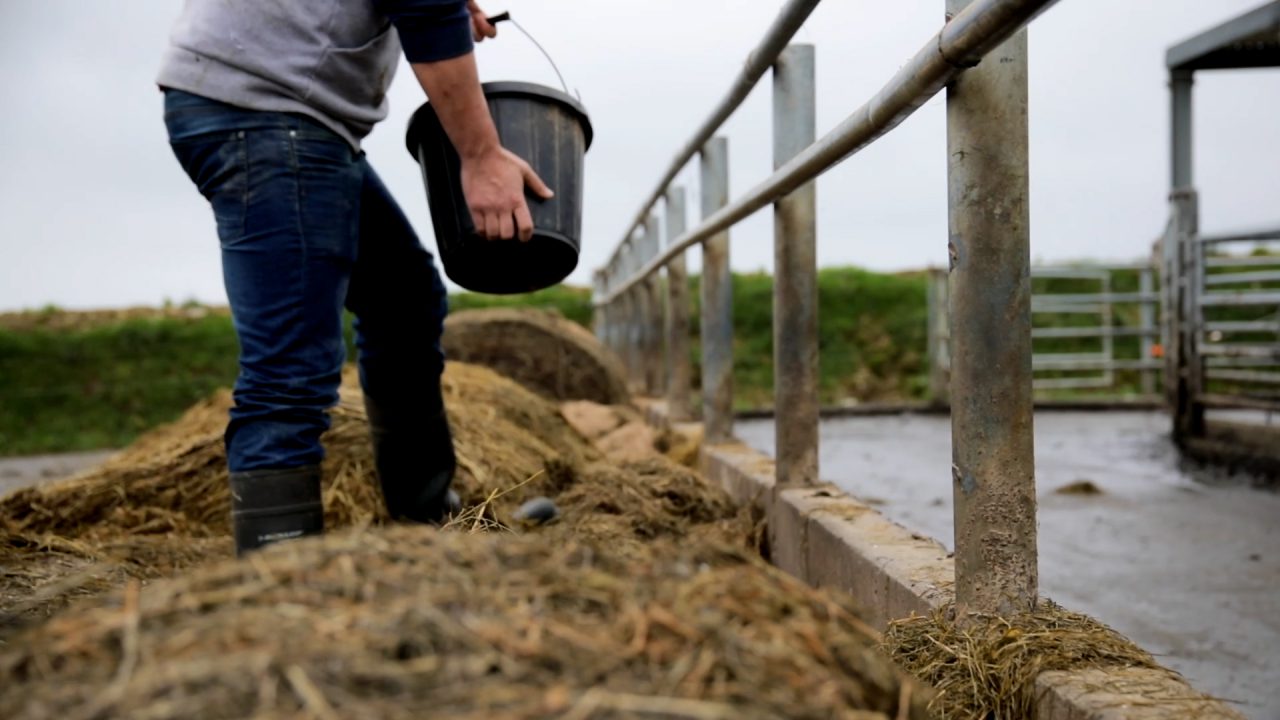A human resources (HR) expert has advised farmers that not providing employment contracts to their staff can be “a very costly mistake”.
By law, all workers are required to be given a written statement of the terms and conditions of their employment.
Agriland spoke with Damien McCarthy of HR Buddy in Co. Kerry about what farmers should be aware of when taking on employees.
Farm worker contracts
In terms of what should be included in an employment contract, McCarthy advises that, at a minimum, it should contain:
- The place of work;
- The job title or nature of the work;
- The date the employment started;
- Pay intervals (i.e. weekly or monthly);
- Hours of work, including overtime;
- Paid leave (other than sick leave);
- Annual leave and public holiday entitlements;
- Sick pay;
- Pension or pension schemes;
- Notice period.
Murphy advised that a grievance and disciplinary procedure and an anti-bullying and harassment policy should also be in place. Employees are entitled to get a contract within two month of their start date.
“The employer probably stands to lose more and be at more risk by not having the contract in place. However, the best employment relationships would have everything agreed clearly in writing as early as possible,” McCarthy explained.
“There are some allowances under particular acts for family employees in the agricultural sector such as, the Working Time Act. So, I would say, seek good advice in organising yourself with your employment documentation,” he added.
Paid sick leave
Meanwhile, Tánaiste Leo Varadkar is set to introduce the statutory sick-pay scheme, which will include farm workers.
This will ensure every worker, full or part-time, has the security and peace of mind that if they fall ill and miss work, they won’t lose out on a full day’s pay. Ireland is one of the few countries in Europe not to have such a scheme.
The Department of Enterprise, Trade and Employment is currently reviewing the recommendations of the Joint Oireachtas Committee on Enterprise, Trade and Employment on the draft bill.
McCarthy explained that, under the proposed scheme, all employees will be entitled to be paid for up to 10 days of sick leave per year by 2025.
The scheme is planned to be introduced over four years to allow employers prepare for the financial implication.
“It is an added cost that employers need to plan for and it is coming at a very challenging time on this side of the pandemic and during a cost-of-living crisis,” he said.
The scheme proposes that an employee who takes a sick day would be paid 70% of the day’s wages, and this will be capped at €110 per day.
“Employers should now ensure that contracts of employment are in place and it can be clearly defined what that 70% would be,” McCarthy advised.
Among the conditions of the scheme will be that employees will have to provide a medical cert; the Oireachtas committee has recommended that measures are put in place for low-paid workers to help cover this cost.
It is also understood that employees who wish to avail of the scheme must have at least 13 weeks of continuous employment with their current employer.
